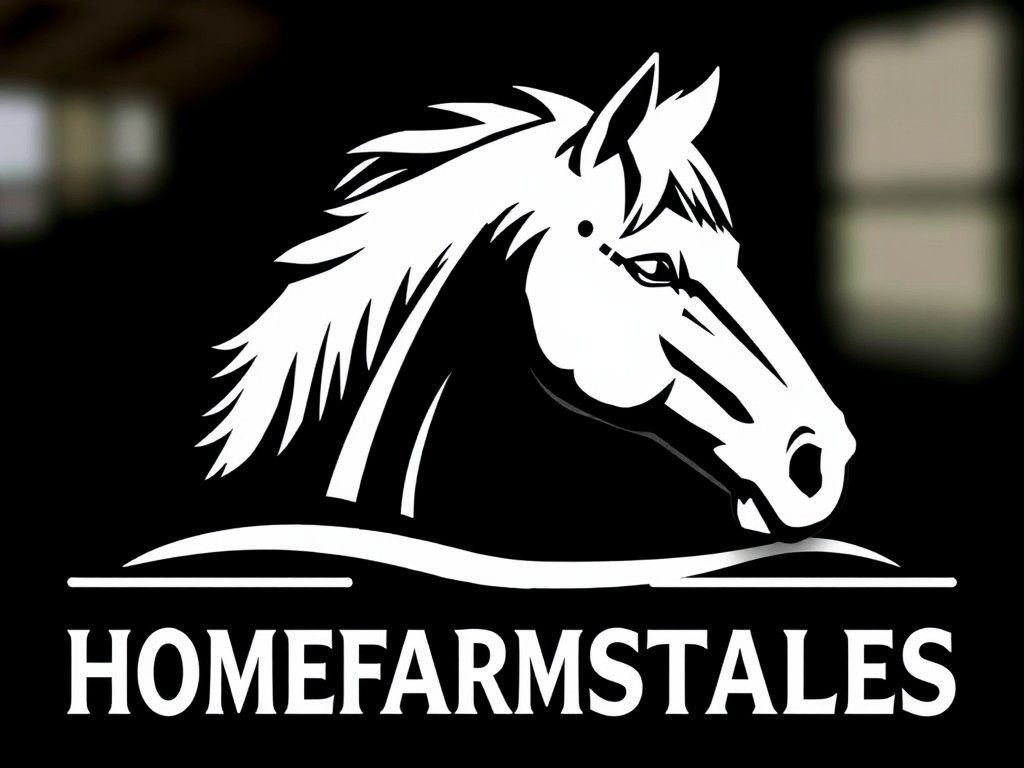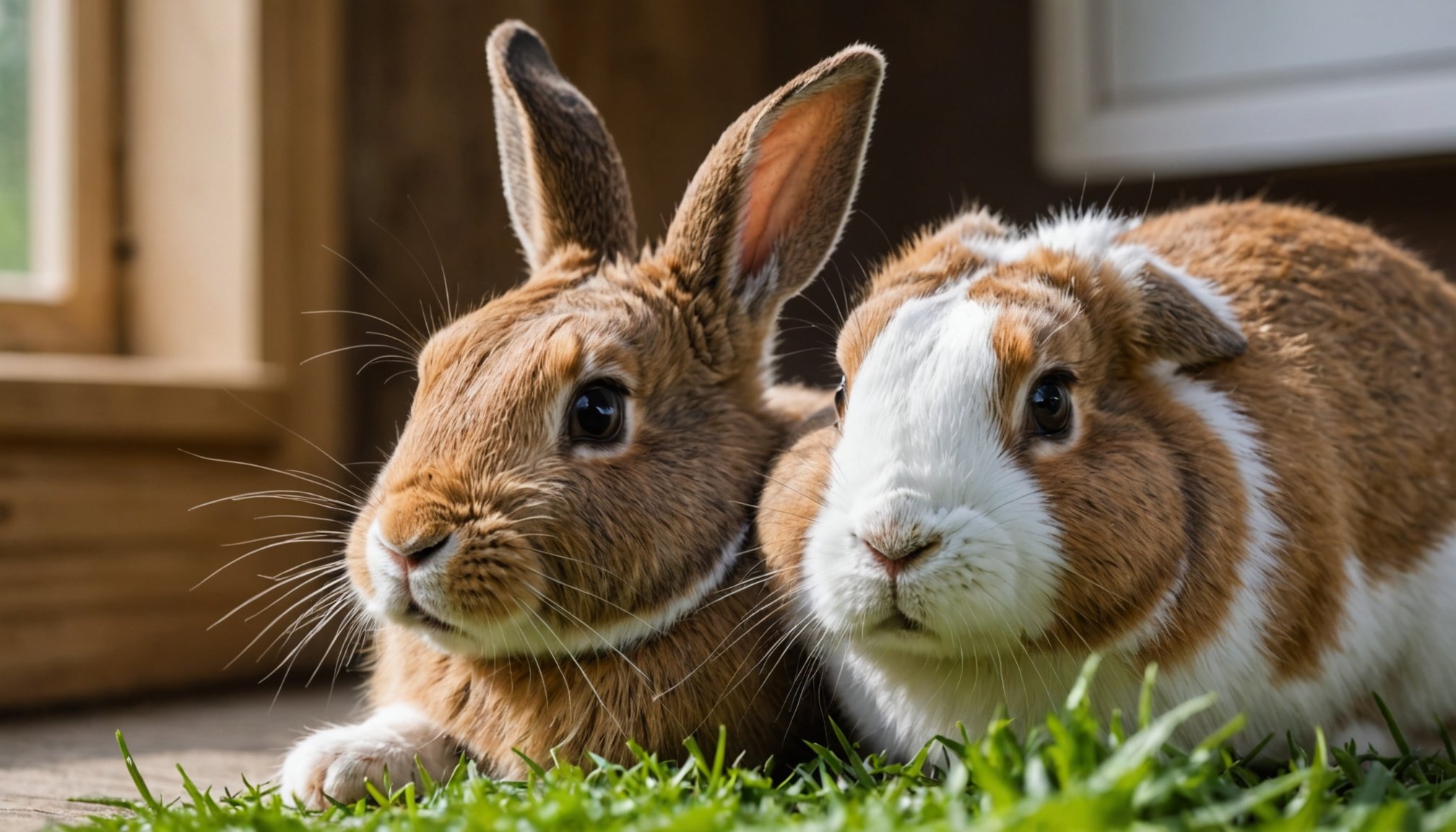Dental problems can significantly impact your rabbit's health and well-being. In this essential guide, you'll learn how to identify common dental issues and implement effective care strategies tailored for your home in the UK. Understanding dietary needs, recognizing signs of distress, and ensuring regular veterinary check-ups are vital. Together, we can ensure your furry friend leads a happy and healthy life, despite dental challenges. Let’s dive into practical solutions that support your rabbit’s dental health journey.
Understanding Dental Problems in Rabbits
Understanding the intricacies of dental issues in rabbits is crucial for any rabbit owner. These small creatures are prone to a range of common dental problems that can significantly affect their health.
A voir aussi : Creating a Prairie Dog Paradise: Tips for Embracing Your Pet”s Natural Burrowing Instincts
Common Dental Problems
Rabbits often suffer from malocclusion, where their teeth do not align properly. This can lead to overgrown teeth, causing discomfort and difficulty eating. Another prevalent issue is dental abscesses, which can develop from untreated infections. These conditions highlight the need for regular dental check-ups.
Importance of Dental Health
Maintaining rabbit dental health is vital for their overall well-being. Healthy teeth ensure that rabbits can chew their food properly, aiding in digestion and preventing gastrointestinal issues. Regular monitoring of dental health can prevent severe complications.
A lire également : Effective Strategies for Preventing and Treating Saddle Sores in Shetland Ponies
Consequences of Untreated Issues
Ignoring dental problems can lead to severe consequences. Rabbits may experience weight loss, pain, and even behavioral changes due to discomfort. In extreme cases, untreated dental issues can be life-threatening.
- Malocclusion
- Dental abscesses
- Overgrown teeth
By focusing on these areas, rabbit owners can ensure their pets lead healthy and happy lives. Regular veterinary visits and a proper diet can help manage and prevent these dental problems effectively.
Recognizing Symptoms of Dental Problems
Understanding the signs of dental issues in rabbits is vital for ensuring their health and comfort. These symptoms can often be subtle but have significant implications if not addressed promptly.
Rabbits with dental problems may exhibit several key symptoms. Owners should monitor for reduced appetite, drooling, or difficulty eating, as these can indicate dental discomfort. Weight loss is another critical sign, often resulting from the inability to chew food properly.
Behavioral Changes
Rabbits experiencing dental problems often display behavior changes. These may include increased irritability, hiding, or reluctance to engage in usual activities. Such changes can be a rabbit's way of expressing pain or discomfort.
Regular dental checks are crucial for early detection and management of these issues. A veterinarian can identify signs of dental problems before they become severe, ensuring your rabbit's well-being.
- Reduced appetite
- Drooling
- Weight loss
- Irritability
By being attentive to these symptoms and changes, rabbit owners can take proactive measures to maintain their pet's dental health. Regular observation and veterinary visits play a pivotal role in preventing and addressing dental issues effectively.
Essential Care Tips for Rabbits with Dental Problems
Implementing proper care is crucial for managing rabbit dental health.
Daily Care Practices
Rabbit care tips emphasize the importance of daily monitoring. Ensure your rabbit has access to a diet rich in hay, as it promotes natural tooth wear. Include leafy greens to enhance nutrition. Observe their eating habits closely for any signs of discomfort, which can indicate dental care for rabbits is needed.
Clean Environment
Maintaining a clean environment is essential for preventing infections that can exacerbate dental issues. Regularly clean their living spaces and ensure fresh water is always available. This helps in reducing the risk of dental problems and supports overall rabbit health management.
Handling Techniques
Proper handling is vital during dental care for rabbits. Approach your rabbit calmly to reduce stress. Use gentle techniques to check their teeth and gums. Here are some tips:
- Use a soft cloth to support their body.
- Gently lift their lips to inspect teeth.
- Consult a veterinarian for professional rabbit care tips.
By integrating these practices into your routine, you can effectively manage your rabbit's dental health. Regular attention to their needs ensures a healthier, more comfortable life, highlighting the significance of comprehensive rabbit health management.
Dietary Recommendations for Dental Health
Ensuring proper nutrition is key to maintaining rabbit dental health.
Foods that Promote Dental Health
A well-balanced rabbit diet is essential for preventing dental issues. Hay is the cornerstone, as its fibrous texture naturally wears down teeth, preventing overgrowth. Fresh vegetables like leafy greens provide essential nutrients, supporting overall health. Incorporate a variety of these foods to promote dental-friendly foods and optimal nutrition.
Importance of Hay and Fresh Vegetables
Hay should constitute the majority of a rabbit's diet. It encourages chewing, which is crucial for dental wear. Fresh vegetables, such as kale and spinach, offer additional vitamins and minerals, making them vital components of a nutrition for rabbits plan. Ensure these are available daily to support healthy teeth and gums.
Foods to Avoid
Certain foods can exacerbate dental problems. Avoid sugary treats and processed pellets, as they can lead to tooth decay and other issues. These foods offer little nutritional value and may worsen existing dental conditions. Instead, focus on a rabbit diet rich in natural, fibrous options.
Key Foods to Avoid:
- Sugary treats
- Processed pellets
- High-starch vegetables
By adhering to these dietary guidelines, you can effectively manage your rabbit's dental health, ensuring a happier and healthier life.
Veterinary Advice and Treatment Options
Navigating rabbit dental health with professional guidance.
When to Seek Veterinary Help
Understanding when to seek rabbit veterinary care is crucial. If your rabbit shows signs of dental discomfort, such as drooling or difficulty eating, consult a rabbit health professional promptly. Early intervention can prevent severe complications.
Common Veterinary Treatments
Dental treatment for rabbits often involves several approaches. A rabbit-savvy vet may perform tooth trimming to address overgrowth or malocclusion. In cases of abscesses, surgical intervention might be necessary. Antibiotics are commonly prescribed to manage infections.
- Tooth trimming
- Surgical intervention
- Antibiotics
Regular rabbit veterinary care ensures these treatments are tailored to your pet’s needs, promoting recovery and comfort.
Importance of Regular Check-Ups
Routine check-ups with a rabbit-savvy vet are essential for ongoing health. These visits allow rabbit health professionals to monitor dental conditions and adjust care plans. Regular assessments help in early detection of potential issues, providing peace of mind for pet owners.
By prioritizing dental treatment for rabbits and maintaining consistent veterinary visits, you can ensure your rabbit remains healthy and content. This proactive approach underscores the importance of professional care in managing rabbit dental health.
Preventive Measures for Rabbit Dental Health
Ensuring optimal dental care for your rabbit.
Strategies for Preventing Dental Problems
Implementing effective preventive care for rabbits is essential to avoid dental issues. A balanced diet rich in hay and fresh vegetables is crucial, as these foods naturally wear down teeth. Encourage regular chewing, which is vital for dental health prevention.
Role of Chew Toys in Dental Health
Chew toys play a significant role in maintaining rabbit wellness. They provide an engaging way for rabbits to wear down their teeth, preventing overgrowth. Opt for toys made from safe, natural materials. This not only supports dental health prevention but also promotes mental stimulation.
Benefits of Chew Toys:
- Natural tooth wear
- Mental engagement
- Safe and enjoyable
Importance of Routine Dental Assessments
Routine dental assessments are a cornerstone of preventive care for rabbits. Regular veterinary check-ups allow for early detection of potential problems, ensuring timely intervention. These assessments are essential for maintaining rabbit wellness and preventing severe dental issues.
By integrating these strategies into your rabbit's care routine, you can effectively manage their dental health. This proactive approach emphasizes the importance of dental health prevention and contributes to your rabbit's overall well-being.
Legal and Welfare Considerations in the UK
Understanding responsibilities and standards for rabbit owners.
Legal Responsibilities for Rabbit Owners
In the UK, rabbit welfare is governed by strict regulations to ensure their well-being. Owners must adhere to the Animal Welfare Act 2006, which mandates proper care, including dietary needs and dental care. Failure to meet these standards can result in legal action.
Welfare Standards for Rabbits
Rabbit care regulations emphasize the importance of maintaining a suitable living environment. This includes providing enough space, enrichment, and regular health checks. Dental care is crucial, as untreated issues can lead to severe health problems. Owners must ensure their pets have access to appropriate food and chew toys to prevent dental diseases.
Resources for Rabbit Care Advocacy
Numerous organizations in the UK advocate for rabbit welfare. These groups offer guidance on pet ownership laws and rabbit care regulations. They provide educational resources to help owners meet legal and welfare standards.
- Animal Welfare Act 2006
- Rabbit welfare organizations
- Educational resources for owners
By understanding and adhering to these rabbit care regulations, owners can ensure their pets lead a healthy and happy life, aligning with the UK's high standards for rabbit welfare.
Resources for Rabbit Care in the UK
Exploring avenues for support and information for rabbit owners.
UK-Based Organizations
The UK is home to numerous rabbit support groups dedicated to enhancing rabbit welfare. These include the Rabbit Welfare Association & Fund (RWAF) and the British Rabbit Council. These organizations provide essential rabbit care resources and advocate for best practices in rabbit ownership. They offer guidance on everything from diet to dental care.
Online Resources
For those seeking information, various online platforms offer comprehensive rabbit care resources. Websites such as the House Rabbit Society provide detailed articles and forums where rabbit owners can share experiences and advice. These platforms are invaluable for accessing rabbit care information and staying updated on the latest health tips.
Community Support Options
Community support is vital for rabbit owners in the UK. Local rabbit support groups often organize meet-ups and workshops, fostering a sense of community among enthusiasts. These gatherings are excellent opportunities to exchange rabbit care information and learn from experienced owners.
Support Options:
- Rabbit Welfare Association & Fund
- British Rabbit Council
- Local meet-ups and workshops
By utilizing these rabbit support groups and resources, owners can ensure their rabbits receive the best possible care, aligning with the UK's high standards for animal welfare.













